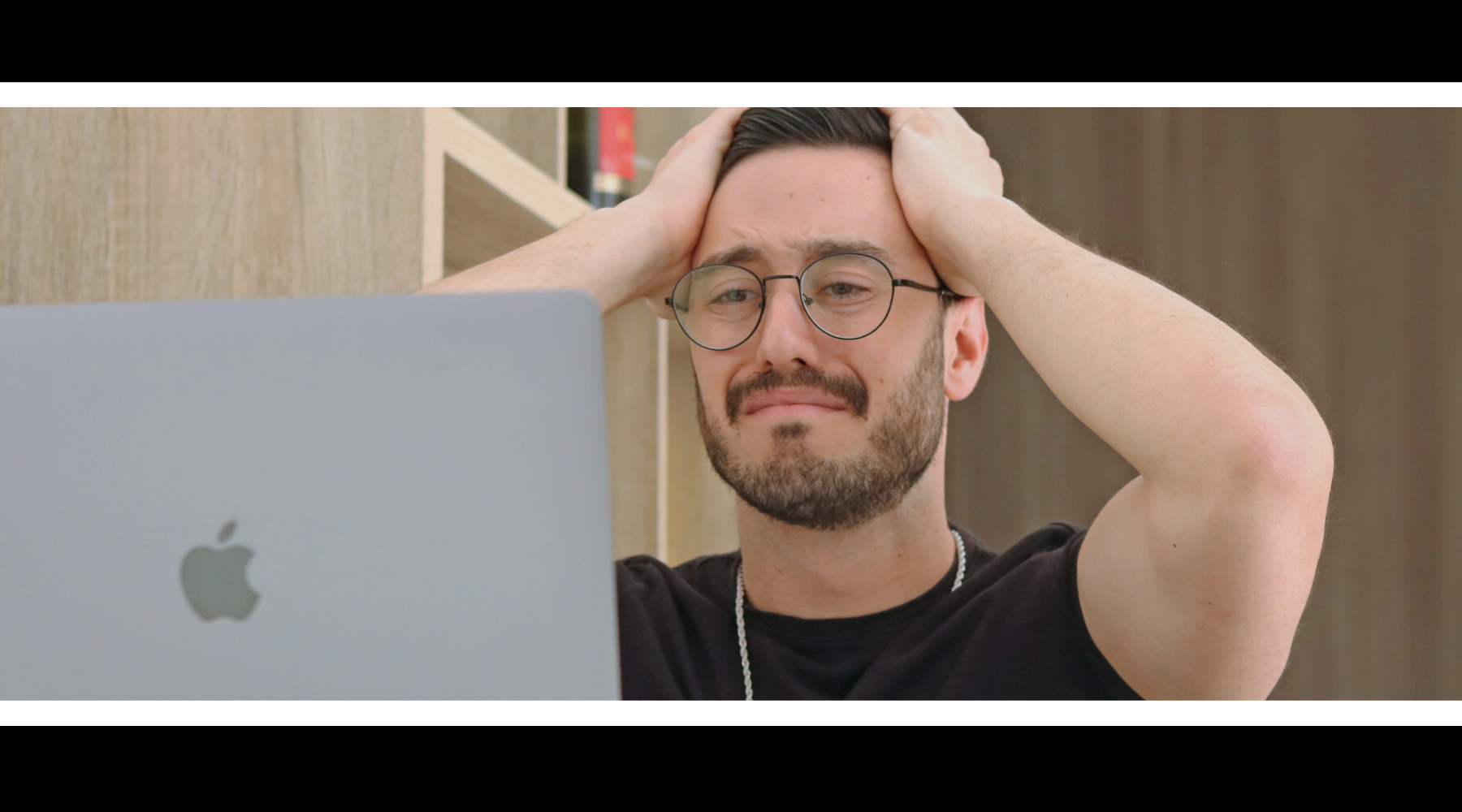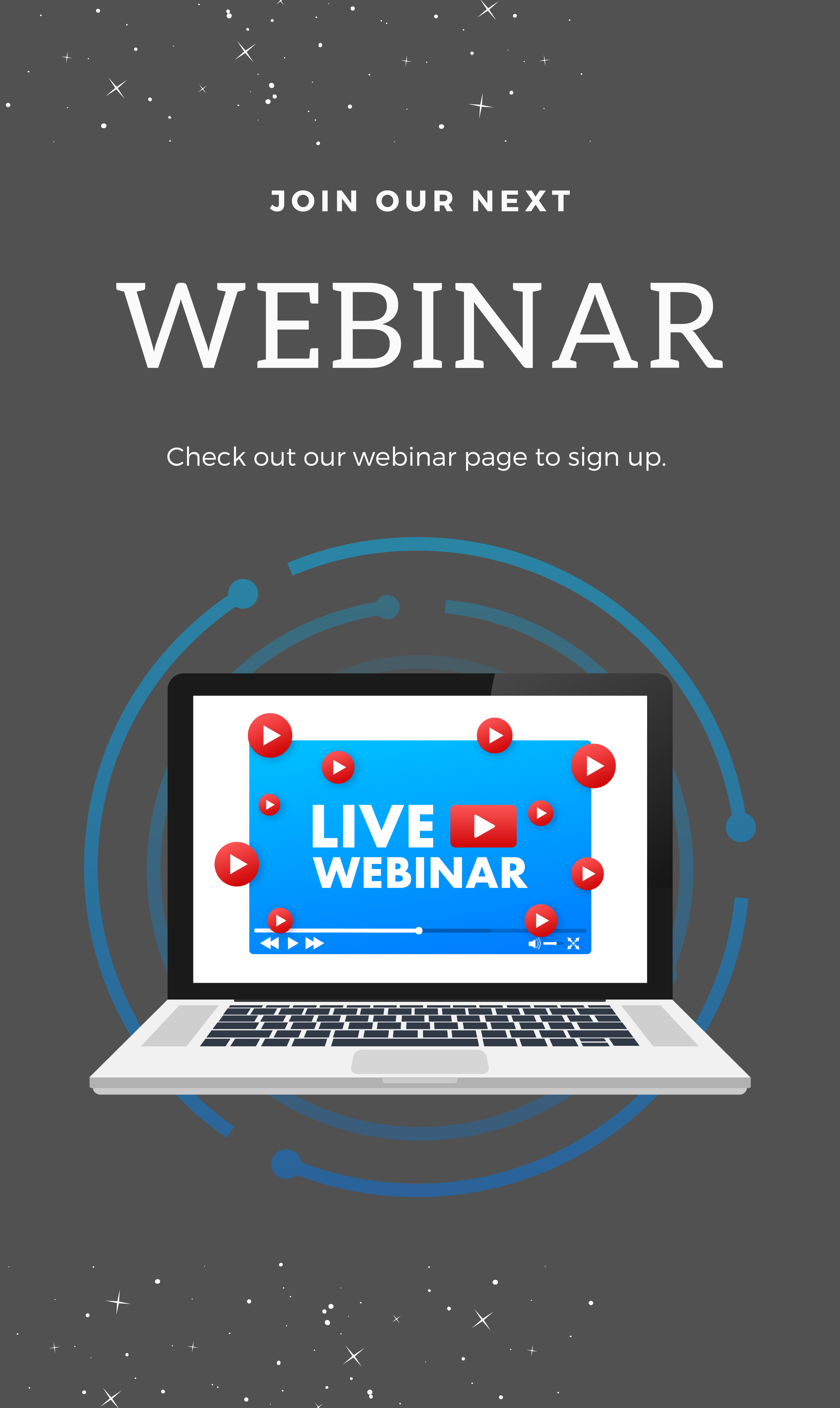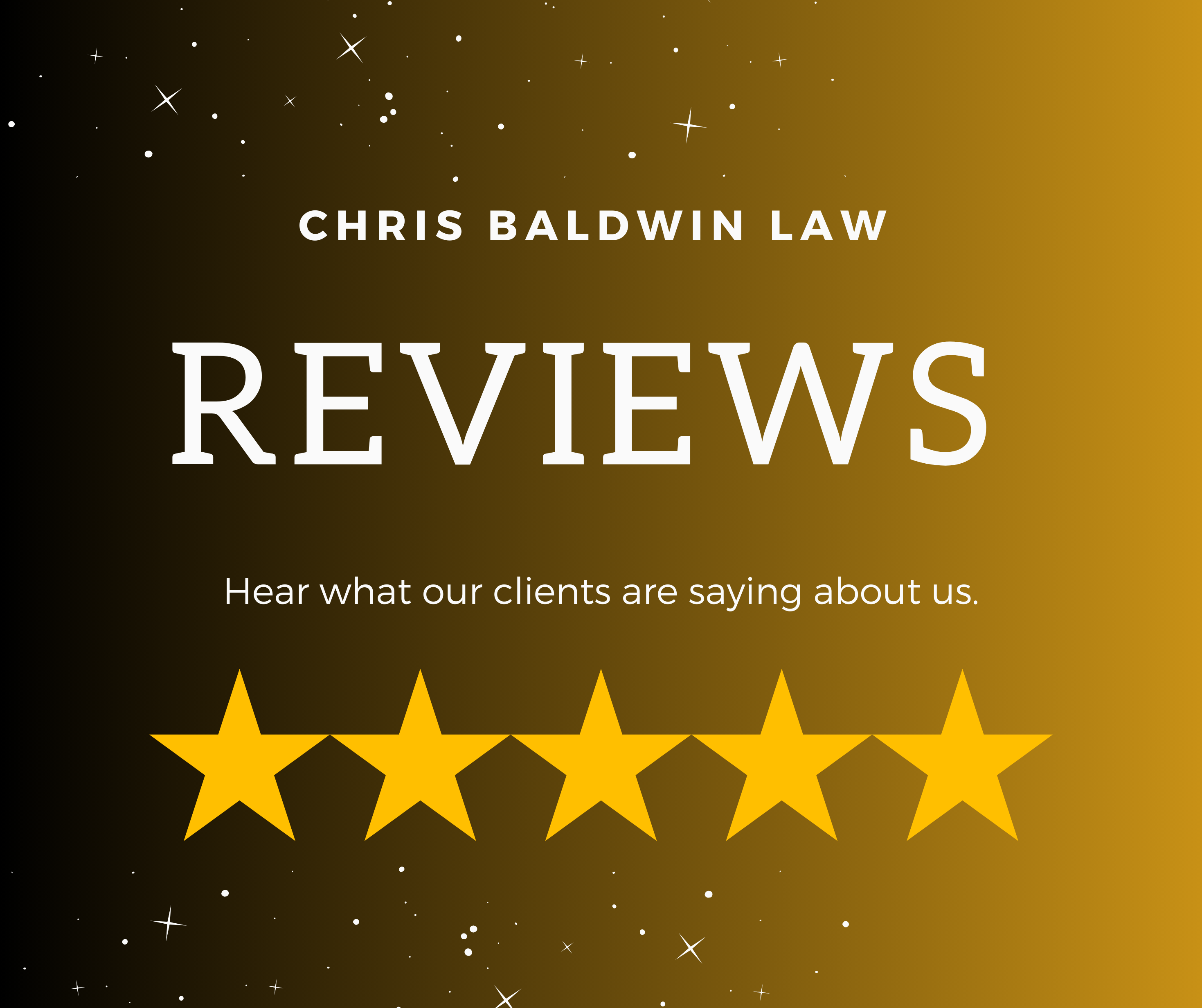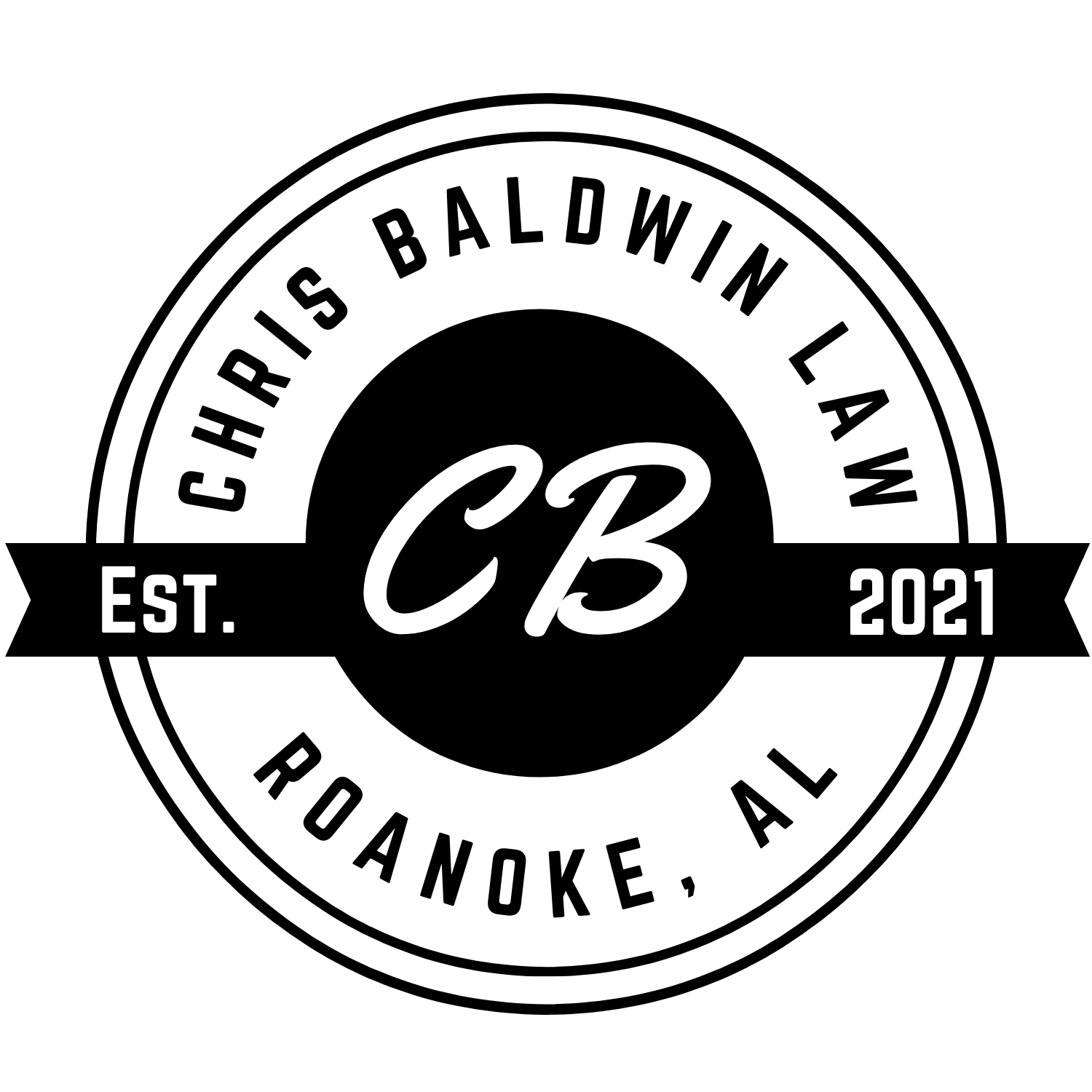Being involved in an accident, no matter how big or small, is a stressful and overwhelming experience. In the middle of all the chaos and worry, it’s easy to make mistakes that could jeopardize both your personal health and financial recovery. In this blog post, we’ll go over the most common mistakes people make after an accident and discuss ways you can help protect yourself and your personal injury claim.
Not Calling the Police to the Scene
No matter how minor the accident is, not calling the police can significantly weaken your personal injury claim. The responding police officer will create and file a police report which will outline all the parties involved, any witness statements, and facts about what may have occurred based off of evidence. Without having a police report, proving fault can be extremely difficult because it becomes a he said/she said situation.
Admitting Fault of any Kind
Admitting fault of any kind following an accident can cause serious harm to your personal injury claim. Immediately following the accident, your emotions are heavy, and adrenaline is high, and you often don’t have a full understanding of what actually happened. It’s important to watch what you say during this time, because something as a simple as “I’m sorry” could be mistaken for you taking blame for the accident. Instead, you need to stay quiet and let the investigation determine who is at fault based on evidence, such as the scene, accident reports, and witness statements.
Failing to Seek Medical Attention or Having Gaps in Treatment
Failing to seek medical attention after an accident can seriously hurt your personal injury claim. Even if you feel fine or think your injuries are minor, it’s important to get checked out. Some injuries don’t show symptoms right away. Delaying treatment can not only harm your health, but also weaken your case. Insurance companies may argue that your injuries were minor or unrelated to the accident. If a doctor recommends ongoing care, make sure you follow the treatment plan. Gaps in treatment give the defense a chance to question how serious your injuries really are. Medical visits also create important records. These records help connect your injuries directly to the accident.
Not Disclosing Previous Injuries
Disclosing previous injuries after an accident is important for both legal and medical reasons. Legally, failing to mention prior injuries can damage your credibility. The defense may use it to question your honesty, which can hurt your case. Insurance companies will likely review your medical history. If they find undisclosed conditions, they might claim your injuries are pre-existing and not caused by the accident. Medically, full disclosure helps doctors give you the right treatment. It allows them to tell the difference between old and new injuries and avoid complications. Being transparent not only protects your legal claim — it also protects your health and integrity.
Exaggerating Injuries
Exaggerating injuries after an accident might seem like it helps your case, but it usually backfires. It can seriously damage your personal injury claim. Insurance companies and defense attorneys are trained to spot inconsistencies. If they find even a small exaggeration, they may question your entire claim. This can lead to reduced compensation, dismissal of your case, or even accusations of fraud. The best approach is honesty. Clear and truthful medical records support your claim and protect your credibility. That way, you have a stronger chance of receiving fair compensation in negotiations or court.
Posting on Social Media
Following an auto accident, what you post on social medica can significantly impact the outcome of your personal injury claim. Insurance adjusters and defense attorneys will often browse your social media accounts looking for any evidence they can use against you. Even a post as simple as photo of you out with friends or telling someone that you’ve been doing “well” can assist the defense in downplaying your claim. While your case is ongoing, it’s best to refrain from posting on social media, but at the very least, be careful not to discuss anything regarding your accident or injuries related to the accident.
Not Gathering Evidence
Failing to gather evidence after an accident can weaken your personal injury claim and reduce your chances of receiving fair compensation. Strong evidence, such as photos of the scene, witness statements, and medical records can help establish liability and prove the extent of your injuries. Without it, insurance companies dispute your claims or argue that the accident didn’t happen as you described. To learn more, check out our article “The Importance of Evidence in Personal Injury Claims: How to Gather and Preserve It for a Successful Case.”
Talking to the Insurance Company
Following an accident, you should avoid discussing the accident with the insurance companies, especially the at-fault party’s insurer. The insurance company’s main goal is to make a profit; therefore, their adjusters are trained to settle cases for the least amount possible. Sometimes adjusters will ask questions or make conversation with you with hopes to get information they can use against you. To ensure your personal injury claim is protected, it’s best to leave all communication with the insurance adjusters to your personal injury attorney as they know what to say and what not to say.
Accepting a Low/Quick Settlement
Accepting a low or quick settlement offer might seem tempting, especially when you’re eager to move on after an accident. However, it can significantly impact your personal injury claim in the long run. Insurance companies often offer settlements early in the process to avoid a lengthy legal battle, but these initial offers are usually much lower than what you may actually be entitled to. By settling too quickly, you risk undervaluing the full extent of your injuries, future medical expenses, and lost wages. It’s important to give yourself time to fully assess the situation, consult with an attorney, and ensure you’re not leaving money on the table. A rushed decision could cost you much more than you realize.
Not Contacting a Personal Injury Attorney
After an accident, hiring an attorney can make a significant difference in protecting your rights and maximizing your compensation. Insurance companies often try to settle claims quickly and for as little as possible, but an experienced personal injury lawyer understands the true value of your case. They can handle negotiations, gather crucial evidence, and ensure you don’t accept a lowball offer that fails to cover medical bills, lost wages, and long-term damages. Additionally, if liability is disputed, an attorney can build a strong case to prove fault and fight for what you deserve. With legal representation, you can focus on recovery while your lawyer handles the complexities of your claim.

Conclusion
In the aftermath of an accident, emotions run high, and decisions that are made in the moment can have long-term consequences. By being aware of the common mistakes people make, you can protect your rights and set yourself up for a smooth recovery, both physically and financially. Remember taking the right steps early on can make all the difference in the outcome of your case. If you’re ever unsure, consulting with a personal injury attorney can help you avoid costly errors and ensure you’re on the right path to recovery. To learn more, check out our article, The Simple Steps You Must Take after a Car Accident.
This article is not to be considered as legal advice. If you’ve been injured, don’t hesitate to call Chris Baldwin law. We handle personal injury cases and offer free consultations. Chris will walk with you every step of the way. Click Here to schedule your free consultation. You can also schedule your free consultation simply by calling us at (334) 863-4555.
There are no upfront costs—we only get paid if we win your case. Let us help you navigate the legal process and fight for the settlement you deserve!






